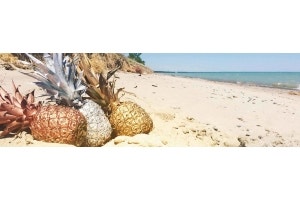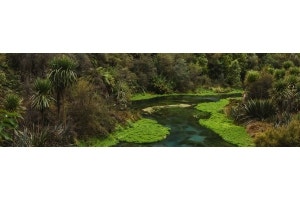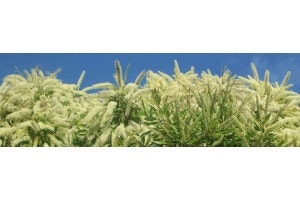
Creating a compost heap is a really simple and helpful thing to do for your garden, however small your outdoor patch. All you need is something to contain the compost - old pallets or fencing, a roll of chicken wire and some sticks, a rusty metal drum or even a wheelie bin will do.
Spring creates lush growth, weeds, and lots of lawn mowing.
Deadheading and clipping Summer flowering plants provides abundant plant material to reuse and recycle.
And in Autumn, fallen leaves, rotting fruits, and drying seedpods can fill the heap. Don't waste this valuable plant stuff, fill up your new compost heap with it, and recycle it into nutritious free compost to use on the garden.
Treated woods with chemicals or varnishes on them.
And weed seedheads - burn these instead.
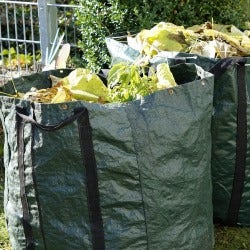
- Get free compost for your garden
- Improve your soil texture and quality
- Improve your plants' health and vigour
- Recycle your household waste
- Reduce what goes into landfill
- Reduce your green waste collection bill
- Can build it out of scrap
- It's free, easy and effortless
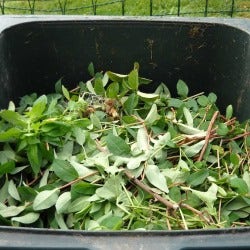
Spring creates lush growth, weeds, and lots of lawn mowing.
Deadheading and clipping Summer flowering plants provides abundant plant material to reuse and recycle.
And in Autumn, fallen leaves, rotting fruits, and drying seedpods can fill the heap. Don't waste this valuable plant stuff, fill up your new compost heap with it, and recycle it into nutritious free compost to use on the garden.

Treated woods with chemicals or varnishes on them.
And weed seedheads - burn these instead.
Top Tips for Quality Compost
There are simple ways you can ensure you make great compost for your garden: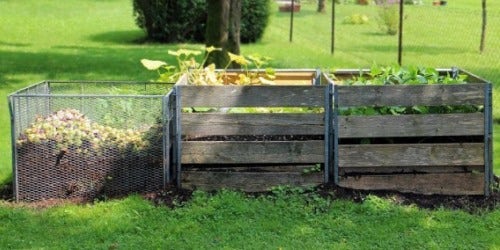
- Choose or make the biggest bin that you have space for. More size = more heat = faster compost making.
- In larger gardens, two heaps side by side are handy - one for the fresh waste, one for the compost that is nearly ready
- Find a convenient spot for your compost bin so you can fill it easily, even daily.
- If your bin has a solid base, or is on a hard surface, add a spade or two of garden soil to the bottom before you start to fill it. This helps introduce useful micro-organisms, maybe even a worm or two, to help kickstart the process.
- It needs a site with a steady temperature, to maintain the micro-organisms that break down the scraps
- Every couple of months, mix the heap contents to introduce air. This helps accelerate the decomposition.
- If you have a small garden, compost drums are available which you can tumble like a tombola.


- Aim for a mix of biodegradable ingredients - half 'wet' material and half 'dry'
- 'Wet' includes : lawn clippings, leafy prunings, kitchen waste, fruit rinds, coffee grounds, green leaves, cut flowers
- 'Dry' includes : fallen leaves, pine needles, bark, woody prunings, newspaper and card, old t shirts, sawdust, eggshells
- Layer wet and dry ingredients like a trifle.
- In very dry weather, water the heap to help the breakdown process.
- If you can pee into it (or find a handy bloke who can) that can help speed things up too!
The Poms have got a crafty Consumer Science project going on right now called The Big Compost Experiment. They're testing how long it actually takes commercial products marked 'compostable' or 'biodegradable', to completely break down in average domestic compost heaps. For instance, teabags used to break down easily; but customers complained to the tea companies that the bags were disintegrating in the cups. So the manufacturers changed the components of the bags and now they don't disintegrate in the cups, but they don't readily break down in compost heaps either. People are sending in their compost heap progress photos! Give it a try yourself with some biodegradable packaging and see how efficient your heap can be.









